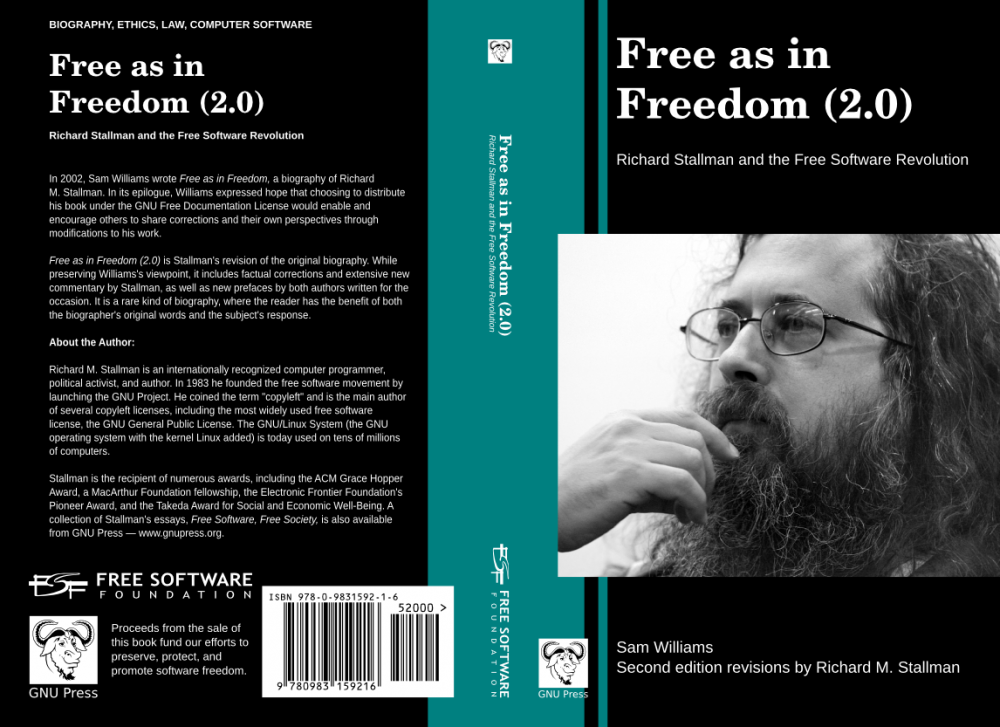LibrePlanet Call for Sessions to close THIS FRIDAY
mardi 6 novembre 2018 à 17:42The LibrePlanet 2019 conference call for sessions (CfS) deadline is nearly upon us! On Friday, November 9th, 2018, 10:00 EST (14:00 UTC), in four short days, we will close the CfS and begin the difficult task of deciding which talks to accept into the LibrePlanet 2019 program. We're excited to hear from new speakers and those new to free software, as well as those of you who have been around for years.
We want you to submit to the CfS.
LibrePlanet is an annual conference hosted by the Free Software Foundation (FSF) for free software enthusiasts and anyone who cares about the intersection of technology and social justice. LibrePlanet brings together software developers, law and policy experts, activists, students, and computer users to learn skills, celebrate free software accomplishments, and face challenges to software freedom.
LibrePlanet 2019's theme is “Trailblazing Free Software.” In 1983, the free software movement was born with the announcement of the GNU Project. FSF founder Richard Stallman saw the dangers of proprietary code from the beginning: when code was kept secret from users, they would be controlled by the technology they used, instead of vice-versa. In contrast, free software emphasized a community-oriented philosophy of sharing code freely, enabling people to understand how the programs they use work, to build off of each other's code, to pay it forward by sharing their own code, and to create useful software that treats users fairly.
We're looking for sessions on a wide range of topics: art, community, education, legal, policy, and technical talks are just a few of the categories represented at previous LibrePlanet conferences. It's important to us to provide sessions that are friendly to newcomers and experienced hackers alike, and we welcome presentations for kids or teens.
Feel free to find some inspiration by browsing through the sessions programs of previous years: 2018 and 2017. You can also watch talks from past years on our MediaGoblin instance. Some sessions from previous years include:
- A newcomer’s perspective on & patches for the free software movement
- Copyleft, diversity, and critical infrastructure
- Hardware reverse engineering insights from the MAME
- libreCMC: The libre embedded GNU/Linux distro
- Nurturing non-coders
- State of the Onion
- Technology for direct actions
If you have any questions, don't hesitate to reach out to us at campaigns@fsf.org.
